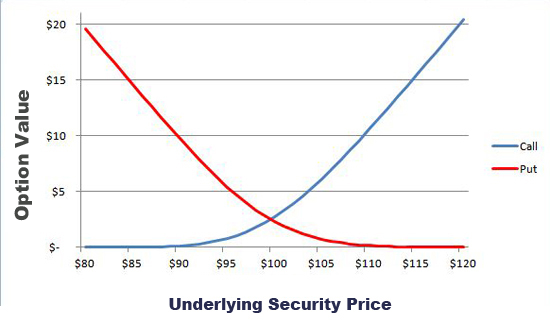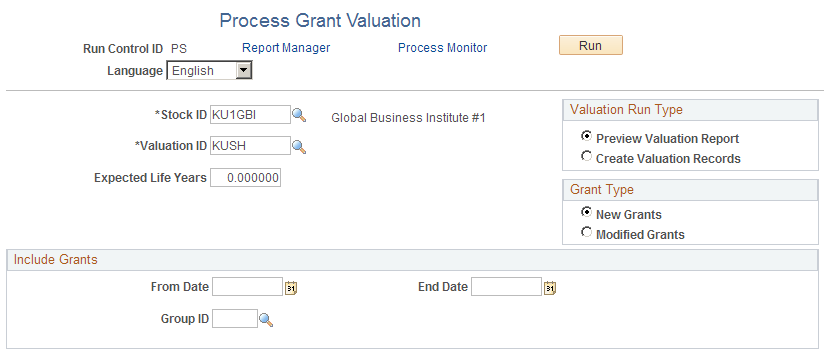Stock Valuation Stock Option Valuation
Post on: 1 Май, 2015 No Comment

Accurately determine the value of equity and stock
At the core of every business is its ownership. The equity in a firm could belong to one person or be sliced into millions of segments, or shares. Accurately reporting the fair value of that interest, through an independent equity or stock valuation. is required for tax accounting and general business planning purposes. AccuVal understands these requirements and completes appraisal reports that meet the stringent standards of accounting regulatory bodies and taxing agencies. In some cases, equity or stock valuations may be used to settle a dispute; AccuVals methodologies and valuation conclusions are well-documented and defensible in court.
Learn more.
Equity and stock valuations are requested for a variety of reasons. In tax matters, appraisals are used to meet Internal Revenue Code (IRC) Section 409a which requires that all companies issuing stock options or other non-qualified deferred compensation complete a stock option valuation analysis to verify that the options were granted at fair market value. Our appraisals are also used to calculate the tax implications of equity or stock gifting. In accounting matters, AccuVals reports are used to meet reporting requirements set forth by the Financial and Accounting Standards Board (FASB) in Statement 123R, which states that companies must report the fair value of employee stock options and similar instruments on financial statements. Financial reporting guidelines may also require a net asset valuation of stocks to meet the mark to market requirements. And equity or stock valuations can be used as support for a variety of legal matters including estate settlement, minority shareholder dispute resolution and bankruptcy. In all of these situations, AccuVal can help.
Before beginning the analysis, AccuVal seeks to understand what is motivating the valuation of stocks and whether it will be an equity, preferred or common stock valuation. Next, we examine the full capital structure of the company to understand the cash flow “waterfall” or distribution of capital and the priority of each stakeholder. With that framework, we can then analyze the risk and potential cash flow available to the equity position. Consideration is given to the distribution of ownership so that factors affecting the value of controlling or minority interests can be taken into account.
Our professionals then engage in a comprehensive analysis of the three primary approaches to valuation of stocks and equity: income, market and adjusted asset approach.
Equity and

Methodologies
- Income approach to equity and stock valuations In the income approach, we estimate the net present value of the company’s anticipated future cash flows and profits. We also perform more complex option modeling techniques such as Black Scholes Model and the Monte Carlo Simulation Method.
- Market approach to equity and stock valuations This market approach looks at comparable transactions of similar businesses and guideline public companies, when appropriate. When a match is found, the comparable market value paid for the equity or stock position is extracted from financial statements. Appropriate adjustments are then made for comparability, along with consideration of discounts for lack of marketability or minority interest.
- Adjusted asset approach to equity and stock valuations The adjusted asset approach may be applied, when appropriate. It considers and adjusts the individual asset and liability amounts on the balance sheet to their net realizable value. New companies or companies with impaired cash flow can be examples of circumstances where this approach may be used. With a separate team of certified appraisers experienced in valuing equipment and inventory, assisting our business valuation team in applying this approach, clients can rest assured that, when this approach is applied, it is done so in a defensible manner.
AccuVals reports are of the highest quality and include well-supported discounts/premiums for control and marketability, as applicable. Our equity and stock valuations are built on a thorough understanding of the use of the appraisal and a comprehensive view of shareholder rights and the projected financial benefit gained by these positions. This enables us to approach our valuation analysis with a more realistic model of what would happen if the asset had to be sold which provides you with better information.














